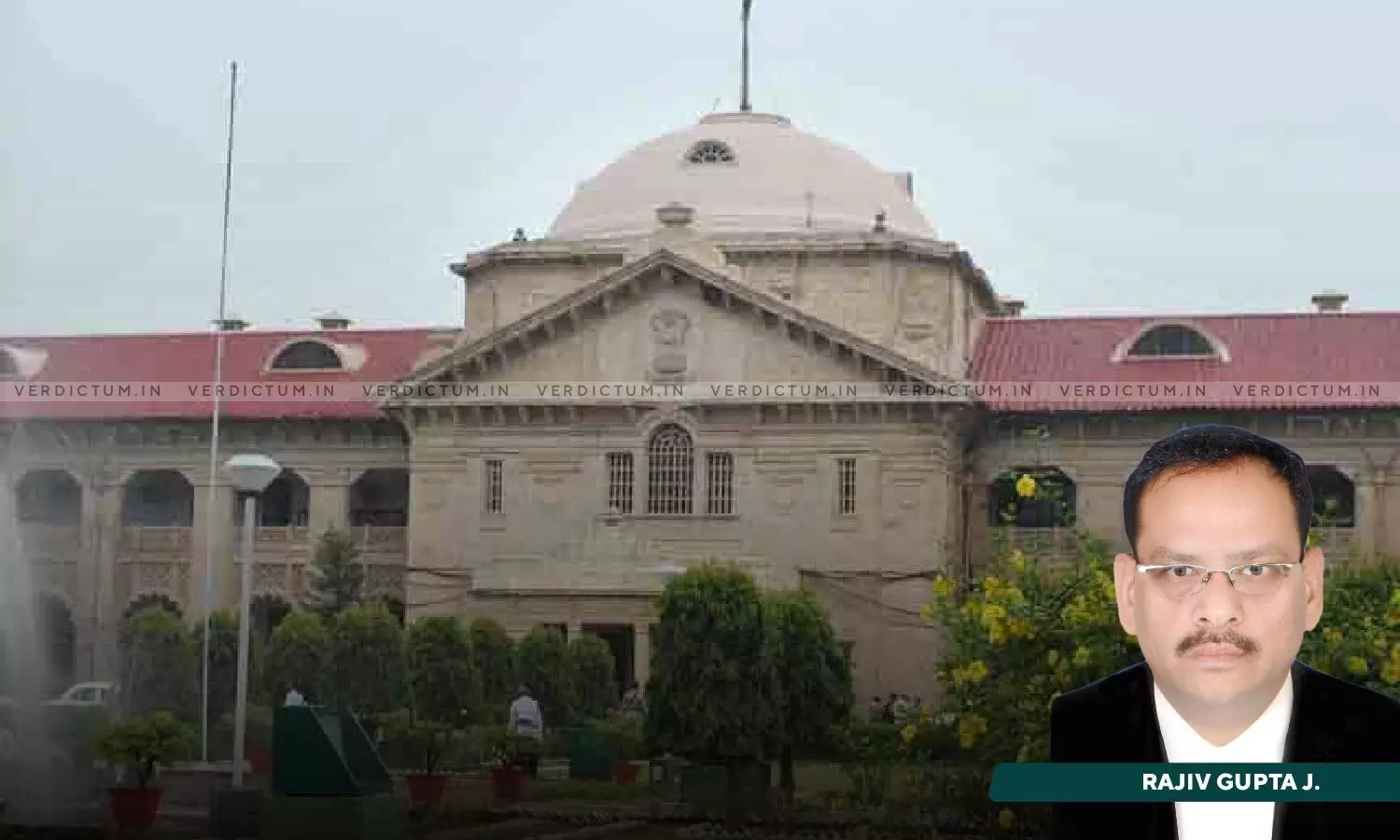
Prosecution Must Prove Case Beyond Reasonable Doubt Before Burden Shifts to Accused, Suspicion Cannot Substitute Proof: Allahabad HC Upholds Acquittal In 42-Year-Old Murder Case
 |
|The Allahabad High Court has reiterated that Section 106 of the Indian Evidence Act does not relieve the prosecution of its burden to prove its case beyond a reasonable doubt.
The court said that only when the prosecution has established its case can the burden shift to the accused to explain facts within their special knowledge. Suspicion, however strong, cannot substitute for proof.
In that context, the Bench of Justice Rajiv Gupta upheld the acquittal of an accused in a 42 year old murder case, while observing that, "While considering the applicability of Section 106 of the Indian Evidence Act, it should be kept in mind that the said provision in anyway does not relieve the prosecution to prove its case beyond all reasonable doubt. Only when the prosecution case has proved that the burden in regard to such facts was within the special knowledge of the accused, then only burden may be shifted to the accused for explaining the same. It may be that in a situation of this nature where the Court legitimately may raise a strong suspicion that in all probabilities the accused was guilty of commission of heinous offence but applying the well settled principle of law that suspicion, howsoever grave it may be, cannot take the place of proof, and there is a large difference between something that `may be’ proved, and something that `will be proved’."
Geeta Devi had been married to the accused, Kailash Nath, for about one and a half years. She was allegedly killed by the accused on the night of July 4-5, 1982, due to an unmet dowry demand. Gopal Prasad (P.W.3) reported that around 2:30 a.m., after the family had gone to sleep, they noticed smoke and the smell of kerosene. Hearing Geeta's cries, her mother-in-law rushed to her room, found her burning, and raised an alarm. The family found Geeta dead from burn injuries.
Munni Lal, Geeta's father, reported to the police that his daughter had been killed by her in-laws over a dowry dispute. However, during the trial, the court found no direct evidence linking the accused to the crime. The prosecution witnesses could not establish the alleged motive. The court concluded that there was no incriminating evidence against the accused, despite the incident occurring in his house. Consequently, the accused was acquitted.
The State appealed to the High Court, arguing that since Geeta died in her home, the accused should explain the circumstances of her death, which he did not. The State also contended that under Section 106 of the Evidence Act, a presumption against the accused could be made, warranting his conviction.
The Court observed that, "if we go through the impugned judgment and order, we find that the trial court had given cogent and convincing reasons for recording the finding of acquittal against the accused-respondent and that the acquittal of the accused-respondent is plausible and justifiable view emanating from the discussion of the evidence available on record and does not suffer from any infirmity or perversity. Therefore, we are of the opinion that the impugned judgement and order passed by the trial court is just, proper and legal and do not call for any interference by this Court."
Accordingly, the appeal was dismissed.
Cause Title: State of UP vs Kailash Nath
Click here to read/download the Judgment